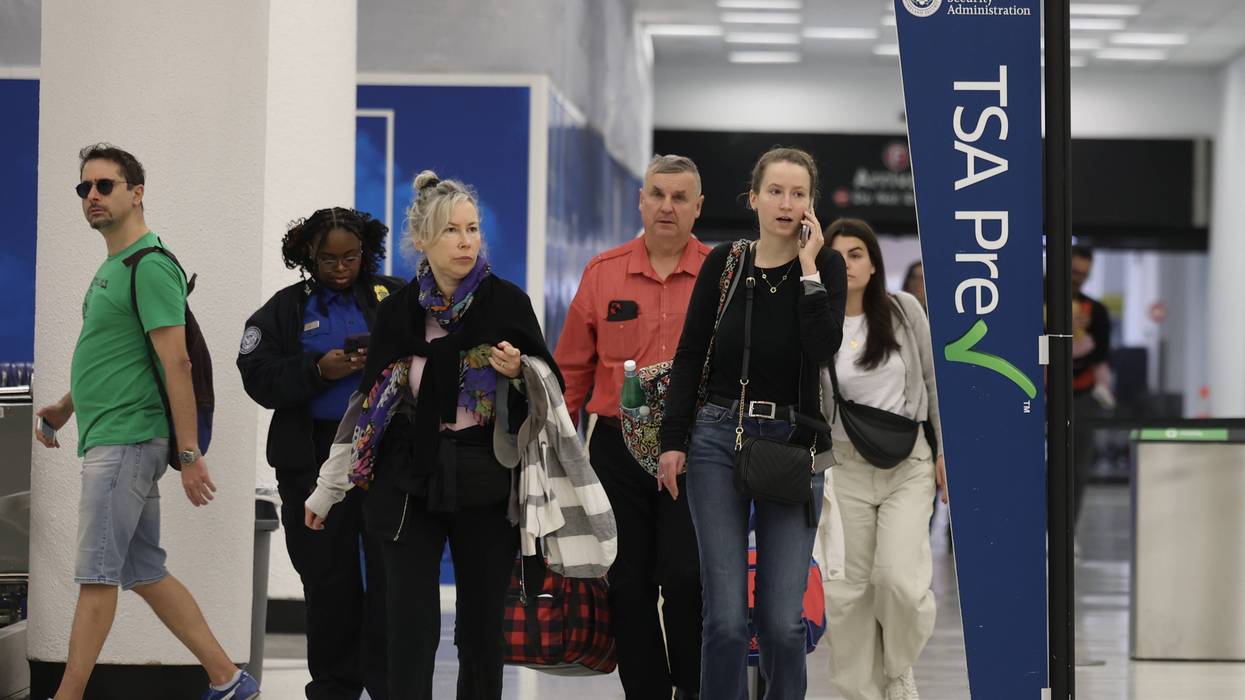More than 100 fast food workers, policy experts, community leaders and clergy members appeared at a NYC Council hearing today to highlight the impact of the $200 billion fast food industry's low wages, illegal wage theft, and dead end jobs on the city's 50,000 fast food workers and the low-income communities of color they live and work in.
"When the $200 billion fast food industry pays it's people minimum wage, you know who suffers? We all do," said Fast Food Forward campaign director Jonathan Westin. "Taxpayers pick up the tab for their food stamps and homeless shelter. Landlords lose tenants when families are forced to double up. Shop owners lose customers when people can't afford to buy any extras."
"For fast-food workers who are supporting families, making ends meet can truly be a struggle; in New York City, it is almost impossible to put food on the table with the salary of even a full-time employee in a fast-food establishment," said Councilman Mark Weprin.
Fast food industry workers make on average between $10,000 and $18,000 a year- below the poverty line- and 80% of them have had their pay illegally stolen over the last year.
"When I think I'm going to get paid for 35 hours at the end of the week, I'll only see 30 on my check and not even know how that happened. I have direct deposit, but Burger King doesn't make it easy to get your paystub, so it's not like I can check how they calculated my money," said Keon Joesph, 20, a Burger King worker in Brooklyn. "I can't afford to have Burger King stealing money out of my paycheck. Paying for school, helping out with bills, it's just so hard. We have to rely on food stamps to get by."
The hearing comes on the heels of an explosive report in last month's New York Times about bounced checks, late payments, and forced hours off the clock plaguing workers in NYC's fast food industry -- and an announcement from NYS Attorney General Eric Schneiderman that his office is investigating the crime wave.
"You can't build a healthy economic recovery on jobs that pay poverty wages and subject workers to rampant wage theft. People can't support themselves and have to rely on public assistance, local businesses lose out because their customers don't have enough money to spend in their stores, and our city suffers as a result. Raising wages and enforcing workplace standards is a key economic growth strategy, and in a city with 50,000 fast food workers, it's long past time to figure out how to improve working conditions for these and other low-wage workers," said Tsedeye Gebreselassie, a staff attorney at the National Employment Law Project.
After coming together in November and April in unprecedented, citywide strikes, the workers are continuing to fight for $15 an hour and the right to form a union so they can support their families, and put money back into the economy, instead of relying on taxpayers to shoulder the burden for the fast food industry's low-wages.
"Much like the roaring 1920s, the top 1 percent now extracts more of the nation's income and wealth relative to the bottom 90 percent," said Dorian Warren, a professor of political science and public affairs at Columbia University. "Raises and the right to form unions would shift money back to working families for basic necessities, instead of sending it off to distant corporate headquarters to pad profits for executives and Wall Street stockholders. That shift, in turn, would help support small businesses and jobs in local communities."
"For a two-parent, two-child family, New York City is the most expensive city to secure a decent yet modest living," said Elise Gould, EPI director of health policy research. "Using the Economic Policy Institute's Family Budget Calculator, which offers a broader and more comprehensive assessment of economic security than traditional poverty thresholds, the basic family budget for a two-parent, two-child family costs a whopping $93,502."
"Accordingly, while the state assembly's recent passage of legislation that will increase the minimum wage to $9.00 an hour by 2015 is an encouraging step in the right direction, even at that rate, a two-parent family would make an annual salary of $37,440--short of the $39,938 necessary for even the smallest two-parent family budget, and a far cry from the $93,502 necessary for a two-parent, two-child family to have real economic security," added Gould.




